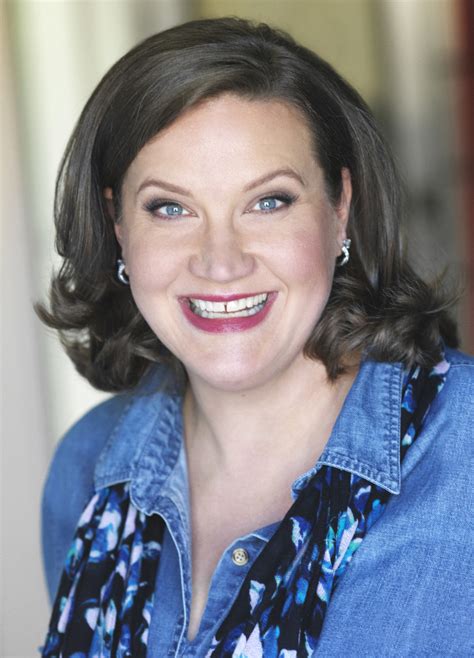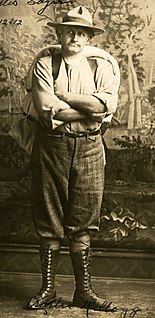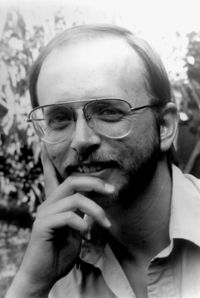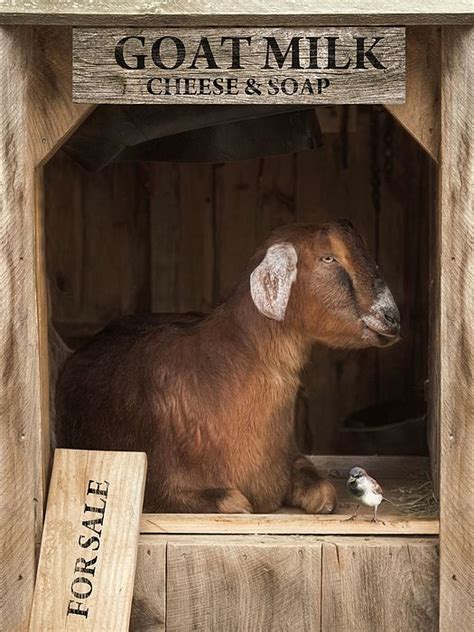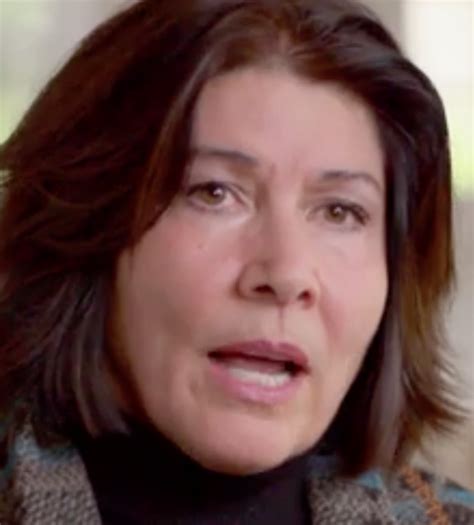Цитата Джанин Бенюс
Если мы собираемся использовать наши инструменты для того, чтобы приспособиться к жизни на Земле, наше основное отношение к природе — даже история, которую мы рассказываем себе о том, кто мы есть во Вселенной, — должны измениться.
Связанные цитаты
У человеческого разума есть желание узнать свое место во вселенной и роль, которую мы играем в гобелене жизни. На самом деле это заложено в нашем мозгу, желание знать наше отношение ко вселенной. Это было хорошо для нашей эволюции, поскольку позволяло нам видеть наши отношения с другими и с природой, что было хорошо для нашего выживания. И это также то, что движет нашим любопытством, чтобы понять вселенную.
Успешное объединение квантовой теории и теории относительности неизбежно привело бы к теории Вселенной в целом. Она рассказала бы нам, как раньше это делали Аристотель и Ньютон, что такое пространство и время, что такое космос, из чего состоят вещи и каким законам эти вещи подчиняются. Такая теория вызовет радикальный сдвиг — революцию — в нашем понимании того, что такое природа. Это также должно иметь широкие последствия и, вероятно, вызовет или будет способствовать сдвигу в нашем понимании самих себя и наших отношений с остальной вселенной.
Природа наделила землю великолепными чудесами и огромными ресурсами, которые мы можем использовать в своих целях. Независимо от наших вкусов или нашего образа жизни, нет ничего, что представляло бы больше вариаций, дающих нагрузку на наше воображение, чем почва, и, конечно же, ничто не было так важно для наших предков, для нас самих и для наших детей.
В магической мысли человеческое тело является «микрокосмом» (малым представлением) Земли, которая является «макрокосмом». Земля также является микрокосмом Вселенной. Другими словами, мы являемся изображением сущности планеты и, следовательно, Вселенной. Таким образом, когда мы меняемся сами, мы изменяем Землю и Вселенную.
В Америке истории, которые мы рассказываем себе и друг другу в художественной литературе, имеют отношение к индивидуализму. Здесь каждый человек является центром своей собственной истории. И наша работа как людей и как персонажей состоит в том, чтобы найти свои собственные мотивы и желания, преодолеть конфликты и препятствия на пути к самоопределению, чтобы мы росли и менялись.
Трудно видеть себя такими, какие мы есть. Иногда нам посчастливилось иметь хороших друзей, любовников или других людей, которые окажут нам хорошую услугу, рассказав нам правду о нас самих. Когда мы этого не делаем, мы можем так легко обмануть себя, потерять чувство правды о себе, и наша совесть теряет силу и цель. Чаще всего мы говорим себе то, что хотели бы услышать. Мы теряем свой путь.
Ни революция, ни реформация не могут в конечном счете изменить общество, скорее вы должны рассказать новую сильную историю, настолько убедительную, что она сметает старые мифы и станет любимой историей, настолько всеобъемлющую, что в ней собраны все кусочки нашего прошлого и нашего настоящего. в связное целое, которое даже проливает свет на будущее, чтобы мы могли сделать следующий шаг… Если вы хотите изменить общество, вам нужно рассказать альтернативную историю.
История Вселенной – это квинтэссенция реальности. Мы воспринимаем историю. Мы выражаем это на своем языке, птицы — на своем, деревья — на своем. Мы можем прочитать историю Вселенной в деревьях. Все рассказывает историю Вселенной. Ветры рассказывают историю в буквальном смысле, а не только в воображении. История имеет свой отпечаток повсюду, и именно поэтому так важно знать историю. Если вы не знаете историю, вы в некотором смысле не знаете себя; ты ничего не знаешь.
Слишком много аппаратуры, предназначенной для того, чтобы направлять нас в экспериментах и дополнять точность наших чувств, заставляет нас пренебрегать этими чувствами... Чем изощреннее наша аппаратура, тем грубее и неискуснее наши чувства. Мы окружаем себя инструментами и не используем те, которыми природа снабдила каждого из нас.
Понимание того, что наш разум управляет нашим телом, а тело отражает наш разум, равнозначно пониманию самых фундаментальных аспектов нас самих. Кроме того, это равносильно пониманию отношений между нашими «инструментами». А поскольку разум и тело взаимосвязаны, это понимание облегчает понимание того, почему их координация является практическим способом использования этих инструментов для достижения наибольшего эффекта — способом использования разума и тела, чтобы жить как искусство.
Для коренных народов цель нашей земли, безусловно, заключается в защите, но также и в использовании. Мы считаем себя настолько интегрированными с нашей территорией, что наша защита связана с нашим использованием, а наше использование связано с нашей защитой. Мы используем ресурсы на нашей территории, чтобы жить.
Когда мы знаем, что причина чего-то находится в нас самих, и что мы (сами) — одна из немногих вещей во вселенной, которую мы имеем право и способность изменить, мы начинаем понимать, какой выбор у нас действительно есть. , предчувствие силы, которой мы обладаем, чувство ответственности... за нашу жизнь, за наше будущее, за наши мечты.

